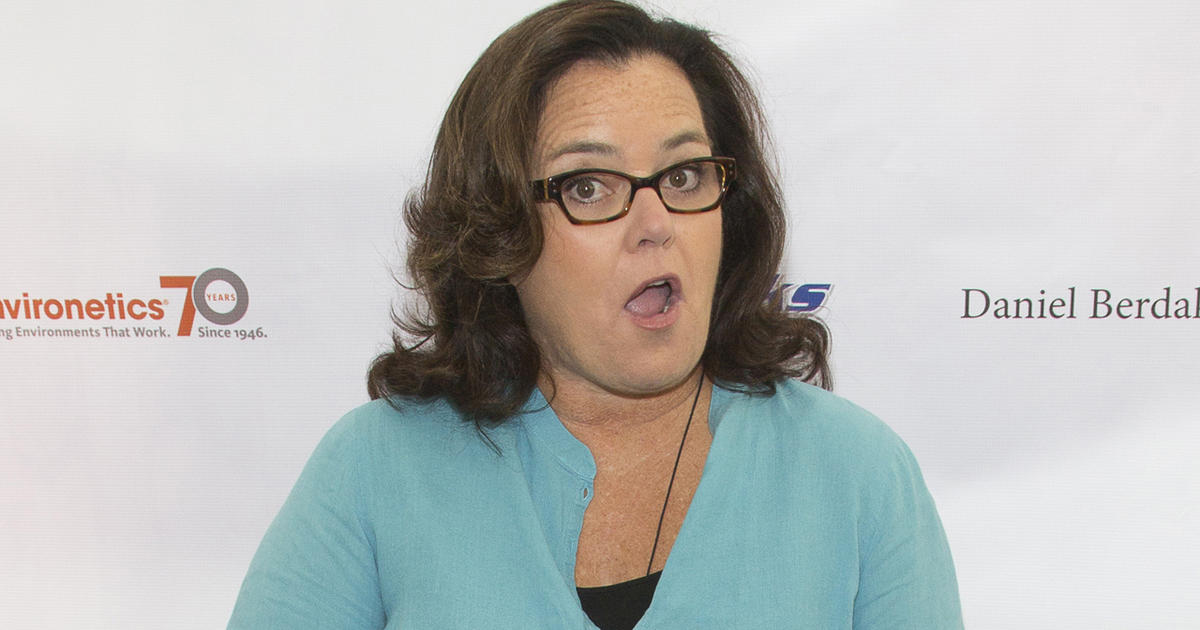Neurodiverse theater company shines light on inclusion
A cast of artists with the non-profit theater company EPIC Players is proving that diversity goes beyond what you can see, especially when it comes to developmental disabilities.
"I have met so many neurodiverse and disabled people as being a part of EPIC," performer and writer Sarah Kaufman, who was diagnosed with autism as an adult, told CBS News. "And it has opened my world in this beautiful way, and made me see that, like, there is so much value and so much art and so much wonder that comes out of these brains that work differently."
Artistic director Aubrie Therrien founded EPIC Players in 2016, bringing the mission of inclusion center stage and providing professional performing arts opportunities to all artists.
"You can't be what you can't see," Therrien said. "So it's really important for neurodiverse, neurodivergent artists to see themselves represented on stage and screen, and know that is a job they can do. The arts are a viable employment opportunity. And right now, people with disabilities are severely unemployed in this country."
According to the U.S. Department of Labor, 19% of people living with a disability were employed last year, compared to almost 64% of people without a disability.
"So if we really care about equity and inclusion, this is something that we'll work to mind together. So that's why we do what we do," Therrien said. "We pay all of our artists to be involved in our shows. We continue to, you know, increase that pay as much as we can. And also find opportunities for our artists outside of EPIC, and advocate for them."
Conor Tague is part of this year's EPIC Players cast in the musical comedy "25th Annual Putnam County Spelling Bee."
"I really think the industry should be more open to people who are neurodivergent, or they have disabilities, to play characters with disabilities," Tague said, adding, "If it's people with autism or Aspergers, ADHD, or anyone who's deaf… what really matters is that they can do so many things, despite all of that."
According to GLAAD's "Where We Are in TV" report from 2019, only 2.1% of regular characters on scripted primetime television portrayed people with disabilities, amounting to 18 characters total. Another report from the Ruderman Family Foundation showed 95% of TV characters with disabilities were played by able-bodied actors.
"I think there's a fear that if we say, 'Stop casting neurotypical actors as neurodivergent characters,' that, you know, the producers or directors or whatever is just gonna hear, 'Stop telling neurodivergent stories,'" Kaufman said. "But I think it's just the message that we want to be sending, and that EPIC is sending is that — keep telling these stories. Just include us. Let us help you tell them, because we're here and we're doing it. And we've been doing it. And we rock it."



